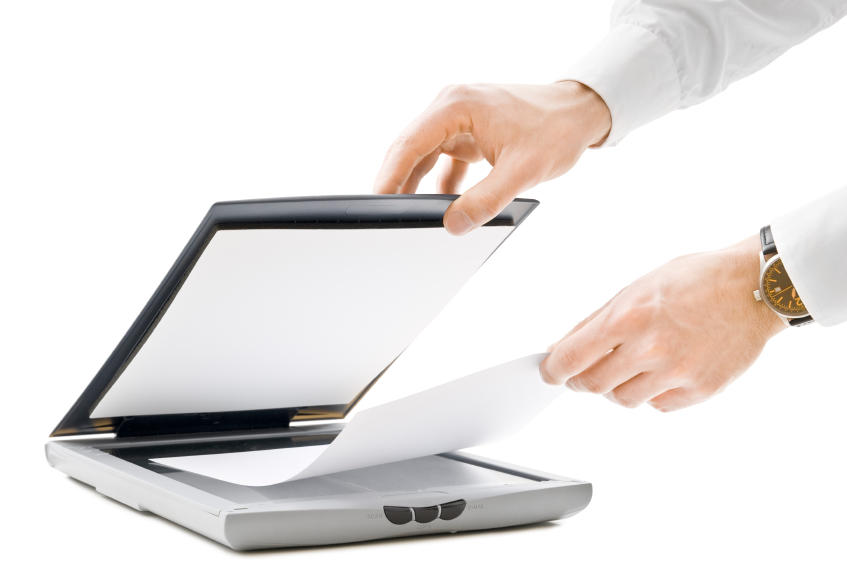Crowdfunding – A Viable Alternative?
April 15, 2016
Crowdfunding is a tool that provides an alternative to more traditional forms of financing available from banks and other institutions. It has evolved to answer the needs of investors and entrepreneurs who have a desire to participate in a variety of investment opportunities but are severely limited by the amount of cash or credit they have available.
The crowdfunding model is based on the premise of bringing together a large number of individual contributors who individually do not have the resources to invest in an attractive project but together, with other contributors, are able to accumulate a sufficient critical mass. At that point, they join in a unique partnership with the project’s creators--often getting a front row seat of the project’s journey and getting exclusive updates as the project evolves--that they otherwise would not have been able to experience. In some cases there might even be a financial yield that contributors gain from a project much as they would in a more traditional investment situation. However, most crowdfunding projects are about having privileged access to a project’s development and receiving immediate incentives from the campaign along the way or at the completion of the project.
Crowdfunding has been a successful form of funding projects in real estate, start-up companies, philanthropic endeavors, civic projects, journalism, music and independent film projects. In many of the artistic projects, contributors give money to the project in order to receive immediate incentives (i.e. a signed copy of the album or some collectible that is only available through the crowdfunding campaign) instead of a future financial return. In this way, many crowdfunding campaigns differ from more traditional investments. They are not “investors” in the traditional sense: they are not trying to grow their wealth by investing and gaining a financial yield from a successful project.
The process of raising funds using the crowdfunding approach involves online platforms such as Kickstarter, Crowdfunder, or Indiegogo. The purpose of the platform is to provide the fundraiser with a place to setup a campaign where contributions can be received.
On April 17, 2014, The Guardian published a list of "20 of the Most Significant Projects" launched on the Kickstarter platform up to that time. The following is a sampling taken from a Kickstarter list, which demonstrates the potential magnitude of successful crowdfunded projects.
-
The "Coolest Cooler" raised a total of $13,285,226 from 62,642 backers. The cooler features a blender, waterproof Bluetooth speakers and an LED light.
-
Filmmaker Spike Lee raised US$1.4 million from 6,421 backers in August 2013 to produce Da Sweet Blood of Jesus.
-
Writer Rob Thomas raised $5.7 million from 91,585 backers in April 2013 to create a feature film version of the defunct television series Veronica Mars.
-
Musician Amanda Palmer raised US$1.2 million from 24,883 backers in June 2012 to make a new album and art book.
-
The highest reported funding by a crowdfunded project to date is Star Citizen, an online space trading and combat video game being developed by Chris Roberts and Cloud Imperium Games, which—as of 7 April 2016—claimed to have raised over USD $111,600,000, beating the previous record of $10,266,844.
In a recent March 2016 article at Entrepreneur.com, Catherine Clifford noted how, after an analysis of 170,000 Kickstarter campaigns, there were three distinctive fundamentals that led to crowdfunding success:
-
A potential backer of a crowdfunding campaign is making the decision to invest without any “in person” time with an entrepreneur. Therefore, the more visually engaging a crowdfunding page is the greater the likelihood that the campaign will achieve its goal.
-
Backing a crowdfunding campaign is not without its share of risk. This risk can be mitigated somewhat if the entrepreneur behind the campaign has a resume of successful projects.
-
Reading the comments of campaign backers is a good source of worthwhile information.
Although the massive popularity of crowdfunding has saturated the field with campaigns--and this makes it harder to be effective--if you are diligent with the principles above, the effort could prove to be worth the hard work.


